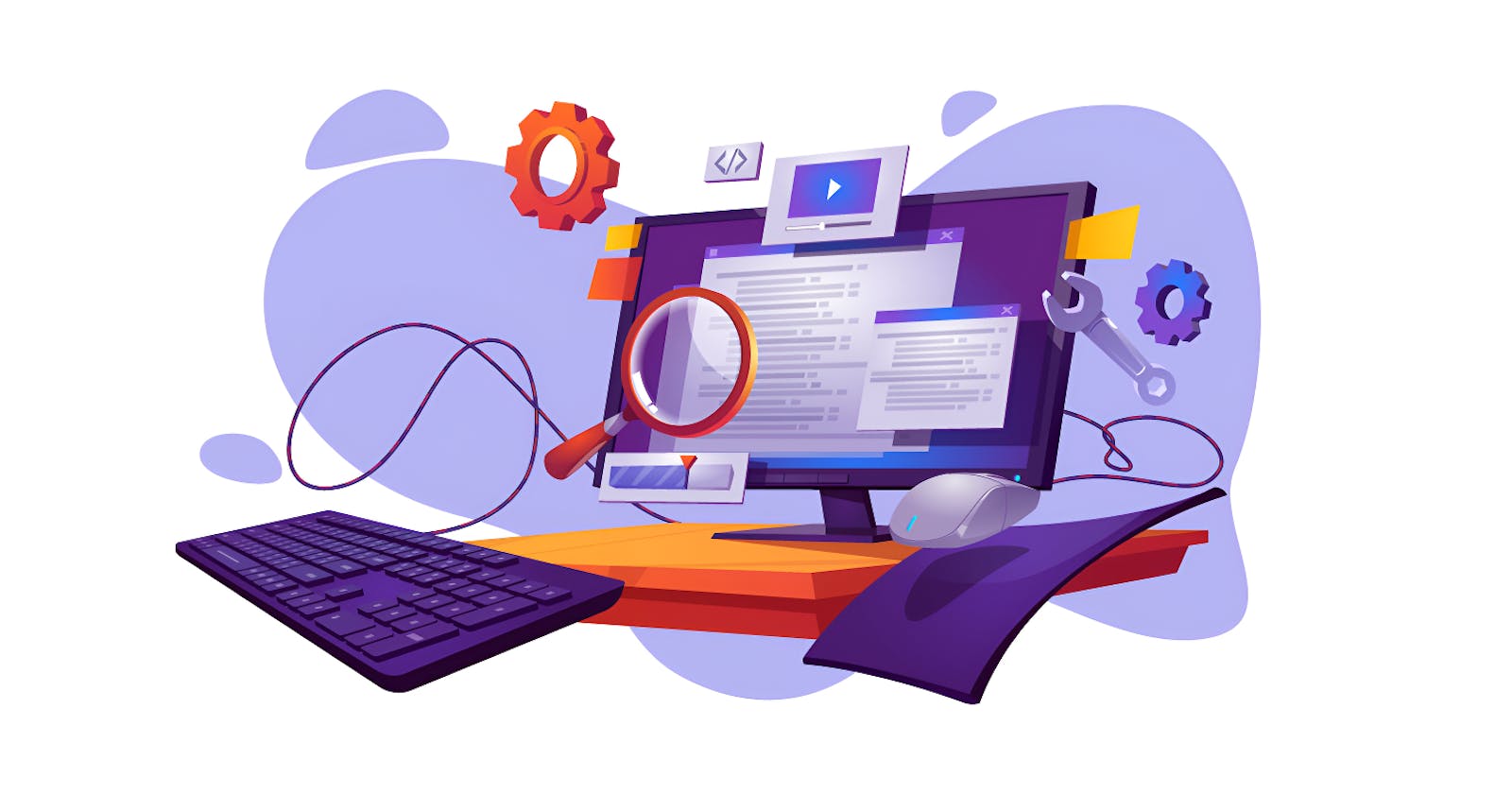The 10 Most Common Web Development Mistakes: How to Avoid Them and Improve Your Website's Performance
Table of contents
- Introduction
- 1. Lack of Mobile Optimization
- 2. Slow Page Load Speed
- 3. Poor Navigation and User Experience
- 4. Ineffective Keyword Research and Optimization
- 5. Absence of High-Quality and Relevant Content
- 6. Ignoring On-Page SEO Factors
- 7. Lack of Backlinks and Off-Page Optimization
- 8. Poor URL Structure and Accessibility
- 9. Lack of Regular Website Maintenance and Updates
- 10. Insufficient Analytics and Tracking
- Conclusion
Introduction

In today's digital age, having a well-developed website is crucial for businesses to succeed online. However, many web developers often make critical mistakes that can hinder a website's performance and ultimately impact its search engine rankings. This comprehensive guide will explore the ten most common web development mistakes and provide valuable insights on avoiding them. By addressing these, you'll head-on, you can enhance your website's user experience, boost its visibility on search engines like Google, and ensure its success in the competitive online landscape.
1. Lack of Mobile Optimization

In an era where mobile devices dominate internet usage, failing to optimize your website for mobile can be detrimental to its success. With Google's emphasis on mobile adoption crucial to adopt a responsive design that ensures seamless user experience ac is crucial-ross all devices. By implementing a mobile friend, you cater to an audience and improve your chances of ranking higher in search engine results.
2. Slow Page Load Speed
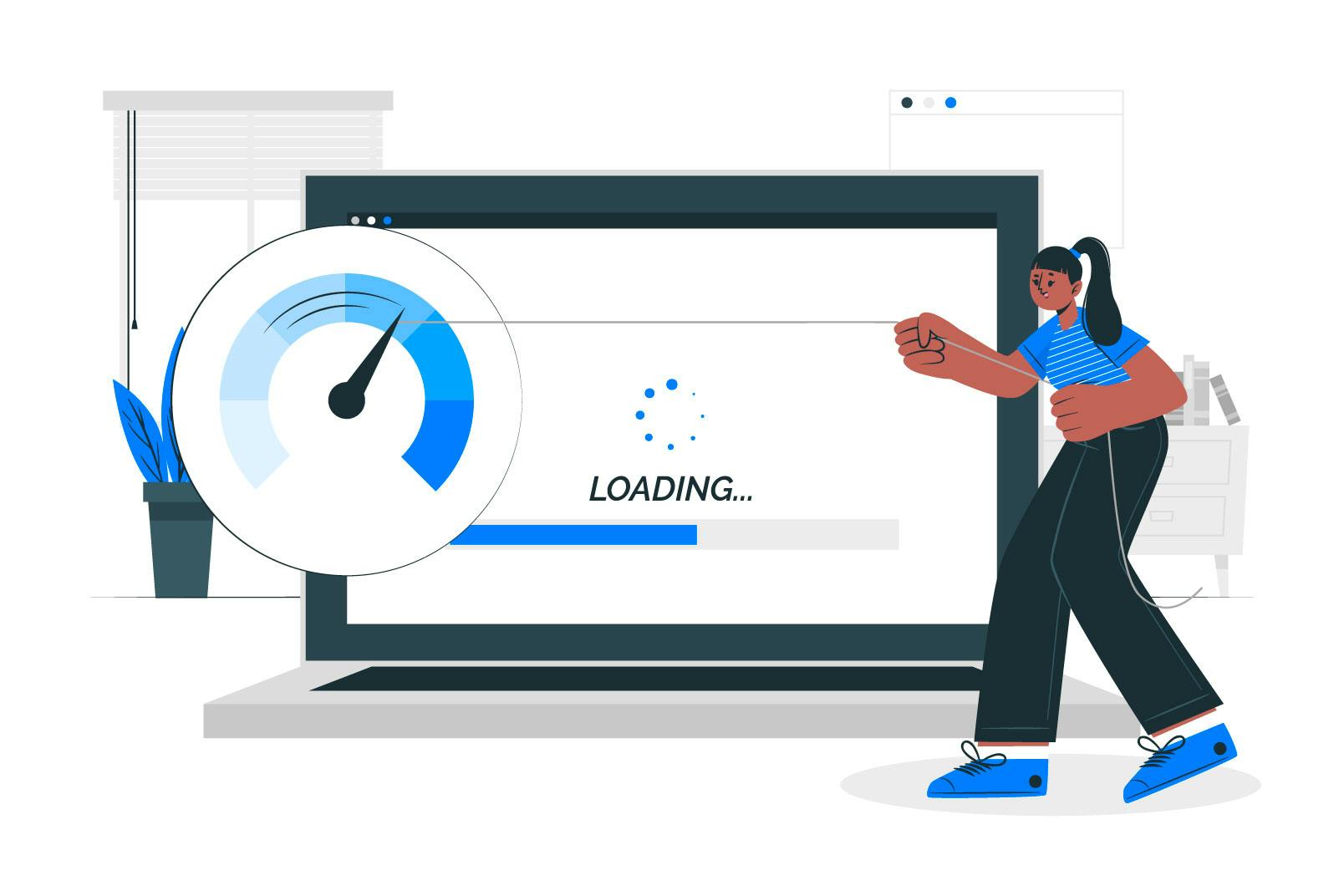
In the fast-paced digital world, users expect websites to load quickly. Slow page load speeds frustrate visitors and negatively impact your search engine rankings. To enhance your website's performance, optimize images, minify CSS and JavaScript files, leverage browser caching, and consider utilizing Content Delivery Networks (CDNs) for faster content delivery. A swift-loading website improves user experience and increases the likelihood of higher search engine rankings.
3. Poor Navigation and User Experience

User experience (UX) determines how visitors engage with your website. Complex navigation, cluttered layouts, and inconsistent design elements can confuse users and discourage them from exploring further. To improve UX, ensure intuitive navigation, create clear and concise content, use appropriate headings and subheadings, and implement engaging call-to-action buttons. A seamless and enjoyable user experience translates into more extended website visits, reduced bounce rates, and improved search engine visibility.
4. Ineffective Keyword Research and Optimization
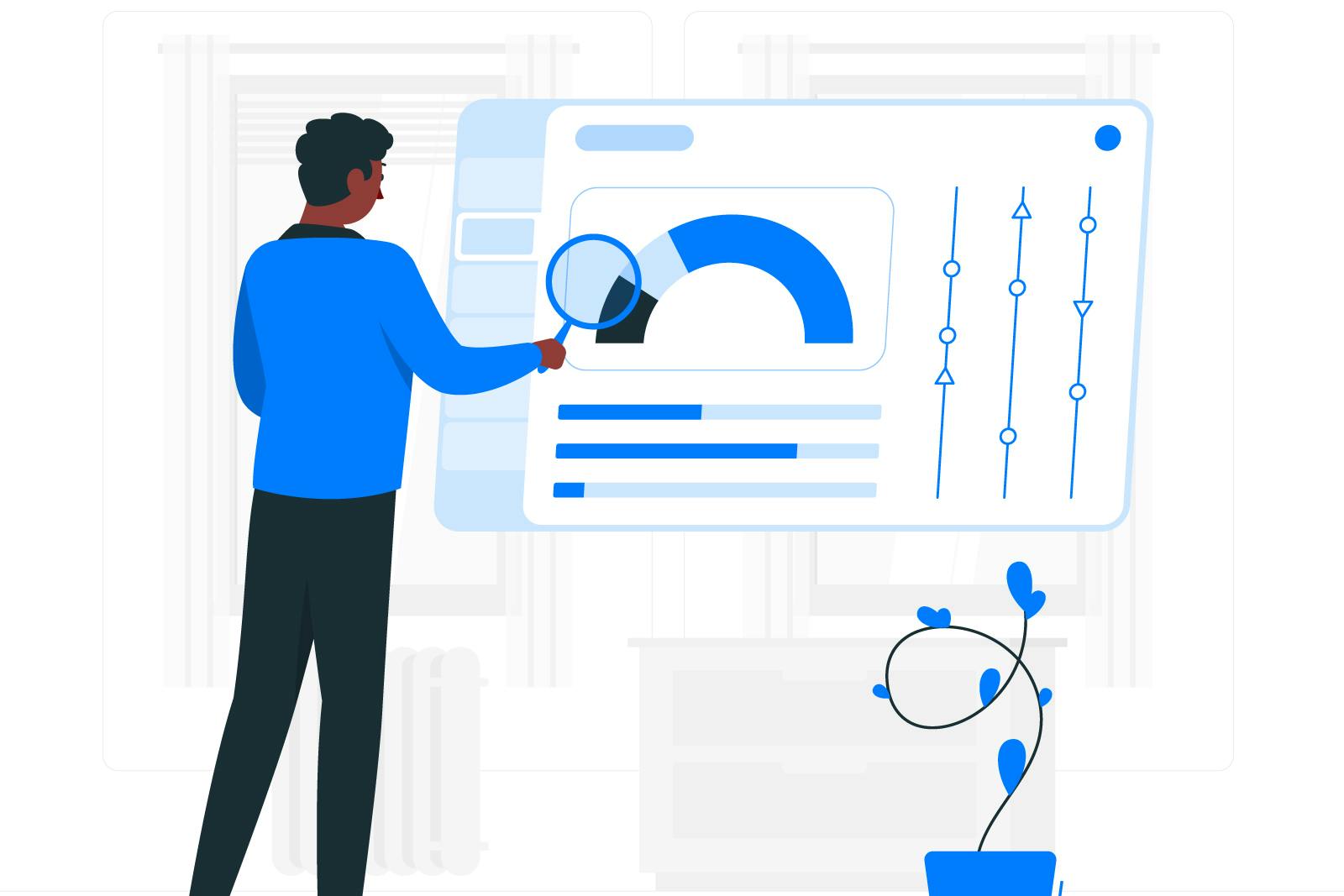
Keywords are the foundation of successful SEO strategies. Failing to conduct thorough keyword research and optimize your website's content accordingly can hinder your organic visibility. Invest time in identifying relevant keywords with high search volume and low competition. Incorporate them naturally within your content, including headings, meta tags, image alt tags, and URLs. You can improve your website's search engine rankings by leveraging effective keyword optimization techniques and attracting more organic traffic.
5. Absence of High-Quality and Relevant Content

Content is king in the digital realm, and websites lacking informative, engaging, and well-structured content often struggle to rank well on search engines. Ensure your website offers valuable and unique content that aligns with your target audience's needs and interests. Regularly update your blog, create comprehensive guides, and consider integrating multimedia elements such as videos and infographics. By consistently delivering high-quality content, you establish your website as a trusted resource and increase its visibility in search engine results.
6. Ignoring On-Page SEO Factors
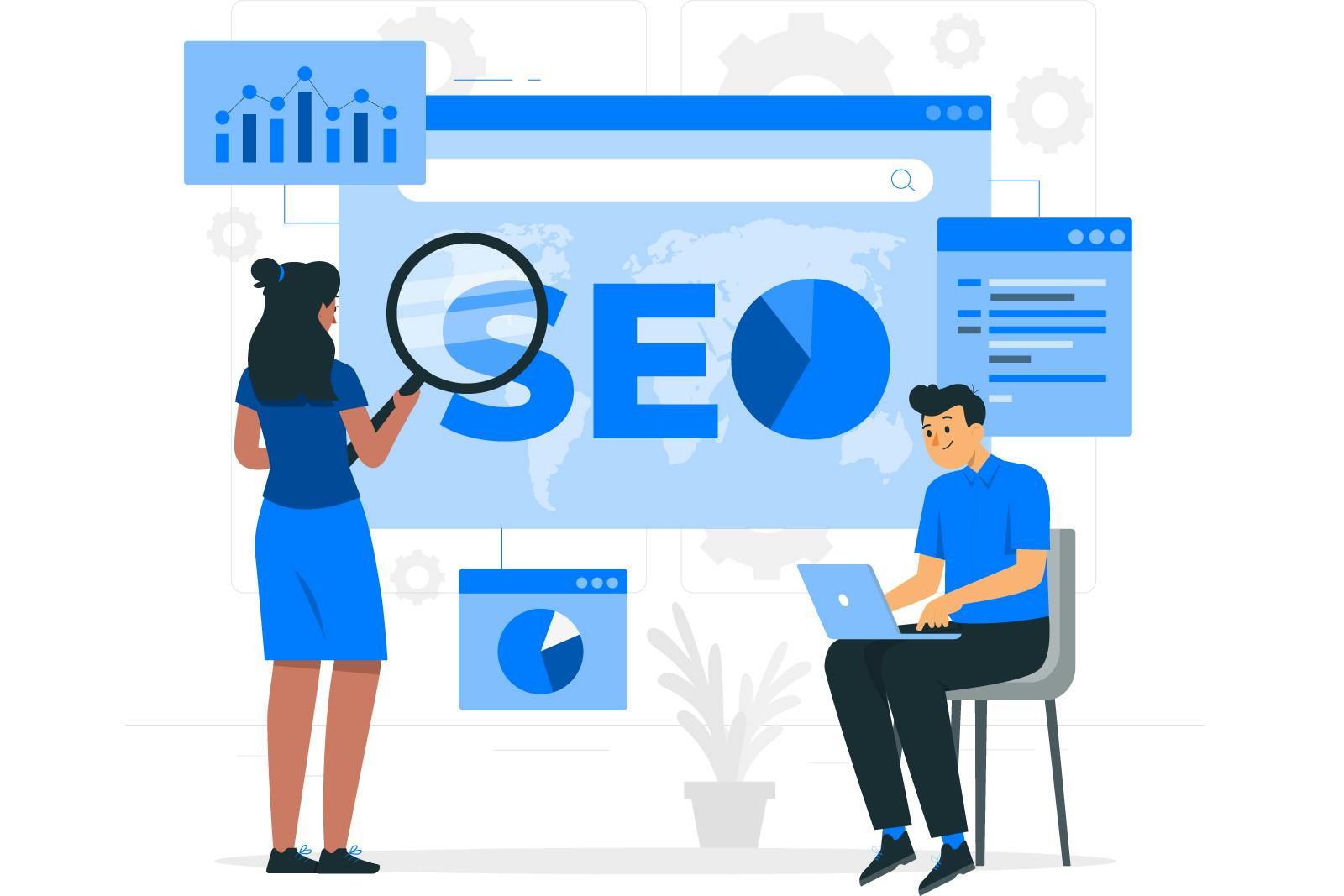
On-page optimization is critical for search engine visibility. Neglecting essential on-page elements such as meta tags, title tags, heading tags, and image optimization can hinder your website's chances of ranking higher. Craft compelling meta descriptions that entice users to click through, utilize descriptive and keyword-rich title tags, and structure your content with appropriate heading tags. Optimize images by adding descriptive alt text and compressing their file sizes. Attention to on-page SEO improves your website's chances of climbing the search engine ranks.
7. Lack of Backlinks and Off-Page Optimization
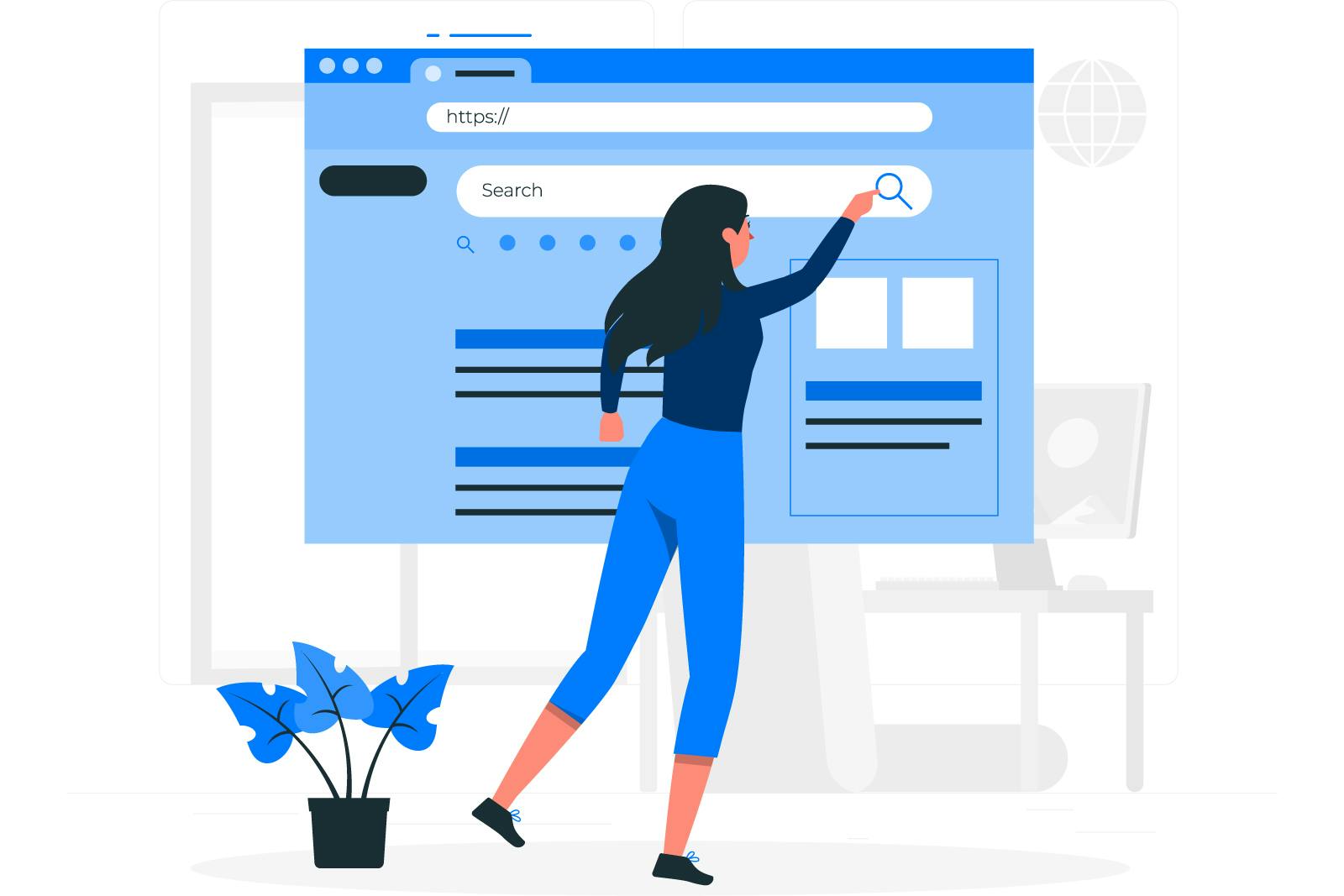
Off-page optimization, including link building, is a crucial aspect of SEO that should not be overlooked. Building high-quality backlinks from authoritative websites helps establish your website's credibility and authority in the eyes of search engines. Engage in outreach campaigns, guest posting, and social media promotion to earn relevant backlinks. Additionally, ensure your website is listed in online directories and relevant industry listings. By actively pursuing off-page optimization, you enhance your website's visibility, boost organic traffic, and improve search engine rankings.
8. Poor URL Structure and Accessibility

A well-structured URL not only improves user experience but also aids search engines in understanding your website's content. Opt for descriptive and keyword-rich URLs that accurately reflect the page's topic. Avoid lengthy URLs with unnecessary parameters or numbers. Furthermore, ensure your website is easily accessible to search engine crawlers by creating a sitemap.xml file and submitting it to search engines. A well-organized URL structure and enhanced accessibility improve search engine rankings and increase user engagement.
9. Lack of Regular Website Maintenance and Updates

Web development is ongoing; neglecting regular maintenance and updates can impact your website's performance and security. Stay vigilant by promptly applying software updates, patching security vulnerabilities, and regularly checking for broken links and outdated content. Maintaining an up-to-date and secure website ensures optimal performance, user satisfaction, and improved search engine rankings.
10. Insufficient Analytics and Tracking
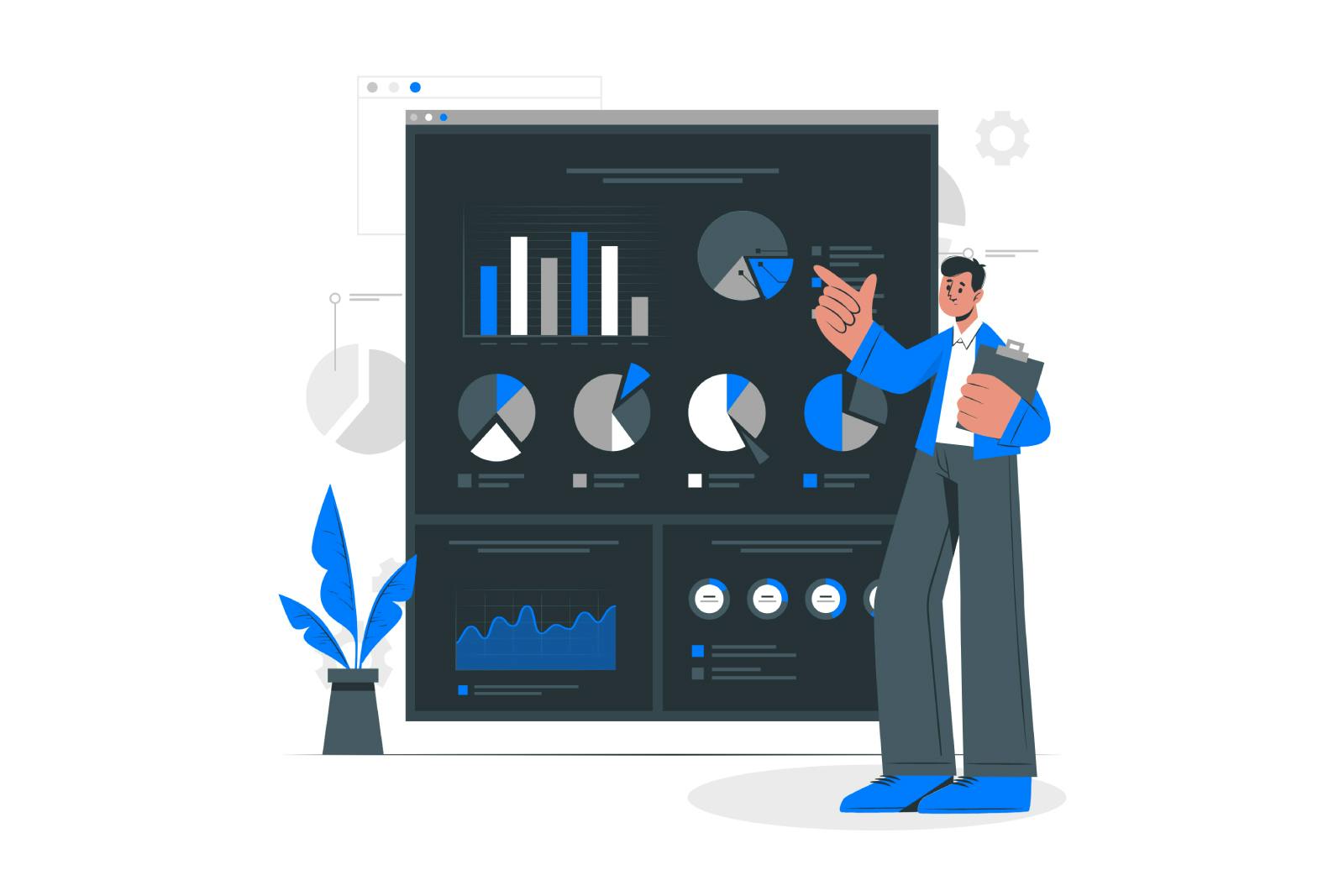
To measure the effectiveness of your web development efforts, it's essential to leverage analytics and tracking tools. Set up Google Analytics to monitor key metrics such as website traffic, user behaviour, and conversion rates. Analyze this data to identify areas for improvement and implement data-driven strategies. By continuously tracking and analyzing your website's performance, you can refine your development approach, optimize your content, and climb the search engine rankings.
Conclusion

Avoiding the ten most common web development mistakes outlined in this comprehensive guide is essential for achieving online success. By adopting a mobile-first approach, optimizing page load speeds, enhancing user experience, conducting effective keyword research, delivering high-quality content, focusing on on-page and off-page SEO, optimizing URLs, maintaining regular updates, and leveraging analytics, you can elevate your website's visibility, attract more organic traffic, and outrank your competitors on Google.
Please get in touch with me with any inquiries, doubts, or issues requiring clarification or assistance. I am always available to provide you with any necessary support or information. I am dedicated to ensuring that all of your needs and concerns are met to the best of my ability. Therefore, if you need further help, guidance, or advice, don't hesitate to contact me, as I am committed to helping you in any way I can.
If you found this article enjoyable and informative, I would be grateful if you would consider supporting my work by buying me a coffee. Click the button below to show your appreciation and help me continue pursuing my dream. Thank you for taking the time to read this, and I hope you have a wonderful day!
Thank you!

